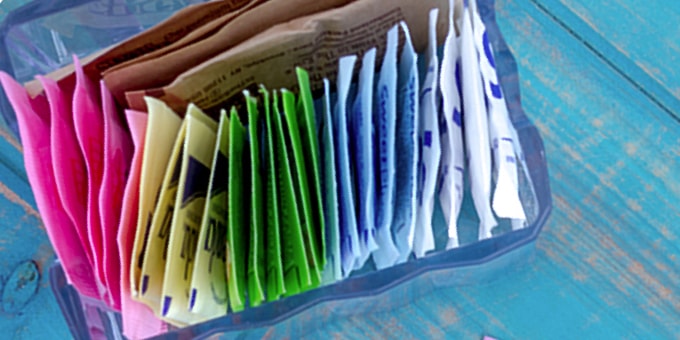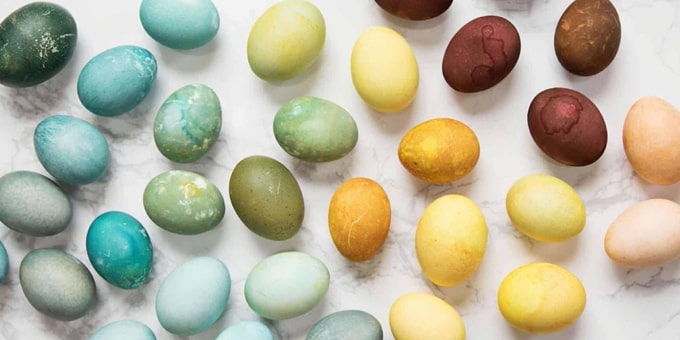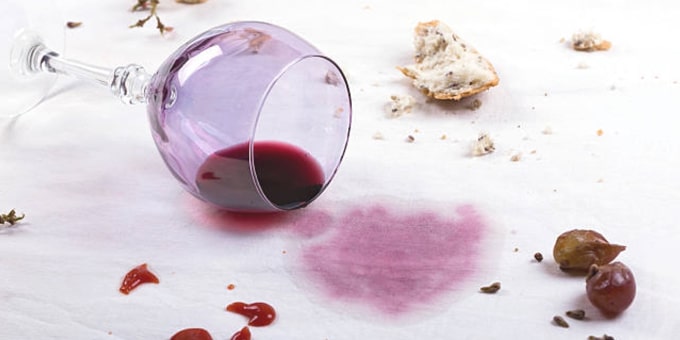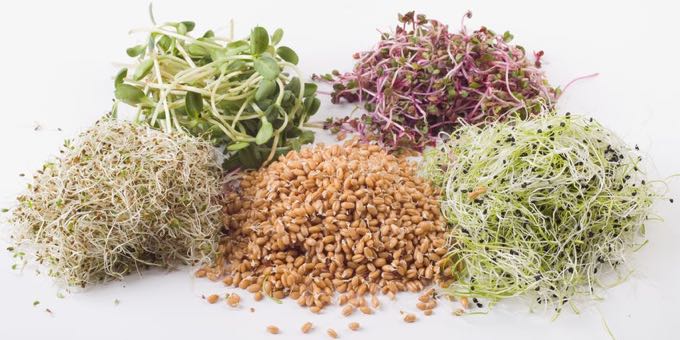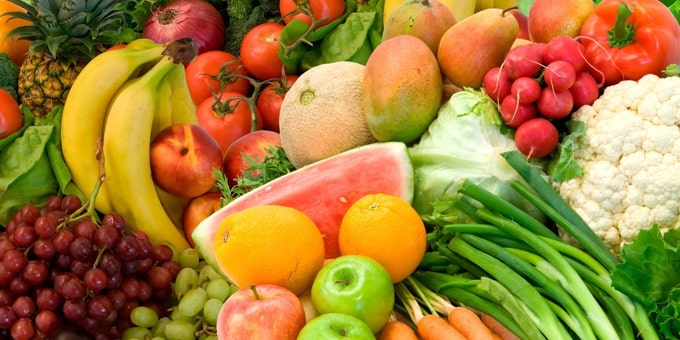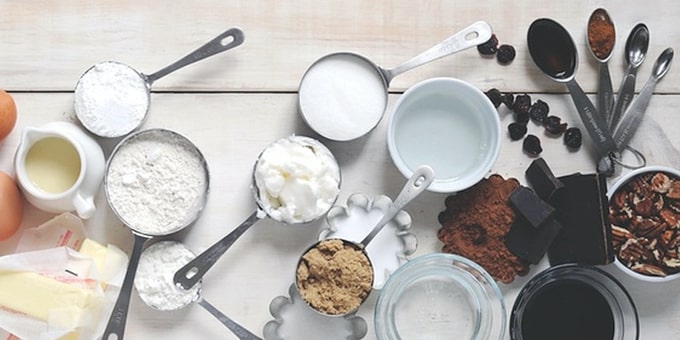THE SKINNY ON SWEETENERS
Does your sweet tooth having you crave confectionery indulgences? If you answered “yes” you are not alone. According to the American Dietetics Association, the average American consumes 22 teaspoons or 355 calories of sugar each day. Recognizing this high consumption and need for sweets, the food industry has developed and supplied sugar free alternatives designed to satisfy these sugar cravings, referred to as sugar substitutes, artificial sweeteners, or non nutritive sweeteners.
Sugar substitutes refer to substances that have little to no calories or other nutrients to enhance the sweetness. Sugar substitutes are approved by the US Federal Drug Administration (FDA) whom regulates our food safety.
The leader of sugar substitutes is saccharin which was discovered in the 1800s by a scientist working on a coal-tar derivative. Rumor has it, the scientist, while working diligently, licked his hand when working with the substance and noticed the sweet taste. Saccharin was used by doctors to treat headaches, nausea, and overweight individuals. Used as a table sweetener in baked goods, jams, chewing gum, canned fruit, candy, dessert toppings, and salad dressings, saccharin is about 300 times sweeter than sugar.
SUGAR FREE SWEETNERS
Aspartame
Aspartame is one of the most debated sweeteners but also one of the most commonly used sweetener today. Discovered in 1965 and made public in 1981, aspartame was approved by the FDA as a dry ingredient in foods and is about 200 times sweeter than table sugar.
Acesulfame-K
Acesulfame-K is 200 times sweeter than sugar and used in cooking and baking since it does not break down in heat. The ‘K’ refers to the mineral potassium, which is naturally found in our bodies. About 95 percent of the consumed sweetener ends up excreted in the urine because the body cannot break it down.
Sucralose
Can you imagine a sweetener that is 600 times sweeter than table sugar? Sucralose is just that. Approved by the FDA in 1999, sucralose starts out as cane sugar but due to the structure of the substance prevents it from being absorbed by the body so it is eliminated in the urine. This is a no-calorie sweetener, is heat stable so it can be used in baking and cooking, and has a long shelf life.
Neotame
Neotame was approved by the FDA in 2002 and is sweeter than aspartame and believe it or not, 7000 to 13000 times sweeter than sugar. Neotame is used in beverages, dairy products, frozen desserts, and gums to add sweetness but eliminate calories. As sweet as this sweetener is, it is not available for consumer purchase at this time.
Stevia
Stevia has grown in recent years and is considered a “natural” sweetener because it comes from the leaves of the Stevia Rebaudiana Bertoni bush native to Central and South America. Approved by the FDA in 2008 for use as a sweetener and in prepared foods, stevia is about 200 to 300 times sweeter than table sugar and calorie-free.
Sugar substitutes are used in foods and beverages rather than sugar to help those who need to limit calorie intake and may help in losing weight. Diabetics may also use sugar substitutes in their foods and beverages. If diabetic, it is important to understand sugar substitutes do not save the day and be used all the time. Foods considered “sugar-free” do not necessarily mean “carbohydrate – or calorie-free.” It is best to talk with a registered dietitian to find the best sugar substitutes that will fit your diet.
When considering the safety of sugar substitutes, little research has been done on humans to show that artificial sweeteners are safe for use in the general population. This is based on studies reviewed by the American Dietetic Association, a credible source worth considering. The FDA, however, has approved a variety of sugar substitutes according to its testing and evaluation of sweeteners. Many studies conducted may be misleading because they do not document the harmful effects related to the intake of artificial sweeteners, even when people consumed large amounts. Special populations, such as pregnant women, should limit use of substitutes and avoid saccharin. If you have a dietary restriction, consult your registered dietitian or physician before consumption of any substitute.
For more information on sugar substitutes and artificial sweeteners, visit the Dishin’ Out Healthy stand.
Health Educator: Nichelle
“Having a healthy mind is just as important as a healthy body.”

